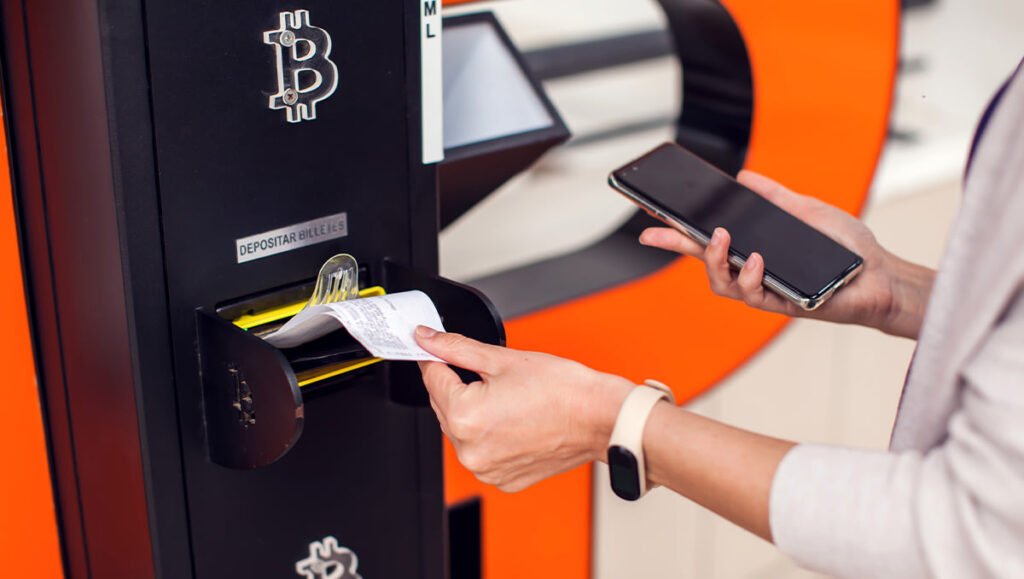Cops nationwide target crims abusing cryptocurrency ATMs
Federal and state police and regulatory bodies engage in a crackdown on criminal use of crypto ATMs, victims and offenders alike contacted.
Australian law enforcement authorities have taken part in a nationwide crackdown on crime and scams facilitated by cryptocurrency ATMs, with police contacting both the victims of crypto scams and the perpetrators.
AUSTRAC identified the top users of crypto ATMs, who were most at risk of being either a scammer or a victim of scams. The agency identified individuals in New South Wales, the Northern Territory, Queensland, South Australia, the Australian Capital Territory, Western Australia and Tasmania.
You’re out of free articles for this month
In some cases police were able to contact victims before they deposited or transferred funds, while in others, hundreds of thousands of dollars had already been lost.
One person in Western Australia was charged with laundering offences, and four others elsewhere in Australia were given formal cautions. In total, 21 individuals were contacted by police, either as victims of scams or in relation to suspected criminal activity, such as scams or purchasing narcotics.
“In circumstances where a person you don’t know, or have only met on the internet, requests you transfer funds using a cryptocurrency ATM you are likely being scammed,” Detective Superintendent Matthew Craft, Commander of the State Crime Command’s Cybercrime Squad in NSW, said in a statement.
“The use of cryptocurrency ATMs carries with it a level of risk and users are encouraged to consider a legitimate and reputable registered digital currency exchange as an alternative.”
The national operation was led by the NSW Police Force, with support from AUSTRAC, the Australia-New Zealand Crypto Practitioners Working Group, and with coordination by the AFP-led Joint Policing Cybercrime Coordination Centre.
AFP Commander Graeme Marshall said that cryptocurrency ATMs – which have risen from 23 in 2019 to more than 1,800 across Australia in 2025 – are a common point of transfer for scammers.
“Victims are being manipulated into feeding thousands of dollars into cryptocurrency ATMs through fake promises of love, employment, investment, or to make quick easy profits,” Commander Marshall said.
“This nationwide action has been a significant undertaking for law enforcement across the country to not only disrupt scammers but protect potential victims from handing over their hard-earned money.
“We need to get the message out there: if someone, a business or a government agency asks you to pay using cryptocurrency, do not send money. If you are guaranteed quick profits, if there is a high-pressure deadline or sense of urgency, and if you have never met the person before, cease contact immediately and report them to ReportCyber.”
What to do if you’ve been scammed
- Cut all contact with the scammer immediately.
- Notify your digital currency exchange provider or bank immediately.
- Don’t send any more money.
- Report it to police and to Scamwatch.

David Hollingworth
David Hollingworth has been writing about technology for over 20 years, and has worked for a range of print and online titles in his career. He is enjoying getting to grips with cyber security, especially when it lets him talk about Lego.

